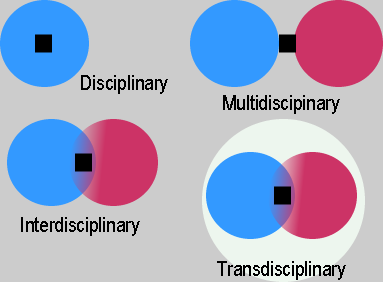The “Transdisciplinary Dialogues in Language Studies” project aims to consolidate and expand the internationalization efforts of the research fronts linked to Unicamp’s Graduate Program in Applied Linguistics in view of the challenges posed to the human being in general, and especially to the Brazilian citizen, by an increasingly complex world, which is also full of new possibilities. These fronts investigate facets of the language/meaning-making phenomenon in real contexts of socio-discursive practice, across media, languages and domains of educational and social life.

Such research efforts require inter and transdisciplinary research paths, a fact that makes us unique in relation to other Applied Linguistics programs in Brazil and applies to the four research lines around with our teaching and research is organized. In the line of Languages and Language Education, we explore interfaces of language and literacy with education, sociology, urban anthropology and history. In the line of Languages, Cultures and Identities, the works focus on linguistic education of cultural minorities and bilingual communities, human and linguistic rights and forms of identity activism in dialogue with postcolonial and postmodern theories. The Language and Translation line includes active interfaces between linguistics, literature, psychoanalysis and philosophy. Finally, the Languages and Technologies line investigates the cultural appropriation of computational and media technologies with contributions from computer sciences, media theory, the philosophy of technology and the social sciences in general.

Transdisciplinarity, as an epistemological strategy to cope with the complexity of the contemporary world is the central issue of this project. Transdisciplinary is necessarily achieved on the basis of dialogues between theories, researchers and even “objects” from different fields. This dialogical process involving people form different disciplinary and cultural background is geared towards the emergence of new meanings and interpretations capable of integrating judgments, views, interests and values of the disciplines/cultures involved without a totalization, that is, with respect for the different facets of the problem and the many disciplinary perspectives that can illuminate it partially. Such dialogues, however, require methods that ensure some sort of direction for solving the focus problem, as well as specific modes of accountability, evaluation, publishing and funding.
In dialogue with other practitioners around the world, we wish to build up sustainable epistemological and pedagogical strategies that can structure our transdisciplinary vocation in terms of processes and products. Our specific objectives are: (i) to seek for academic/research partners in the humanities who are also prone to adopt inter and transdisciplinary paths of investigation and are interested in Brazil and Brazilian research problems, contexts and data; (ii) to promote scholar and student mobility to and from our Program for academic capacity building and consolidation of institutional partnerships; (iii) to strengthen the academic-formative axis of the program through interinstitutional courses and events; (iv) to broaden the international impact of our research in the process.